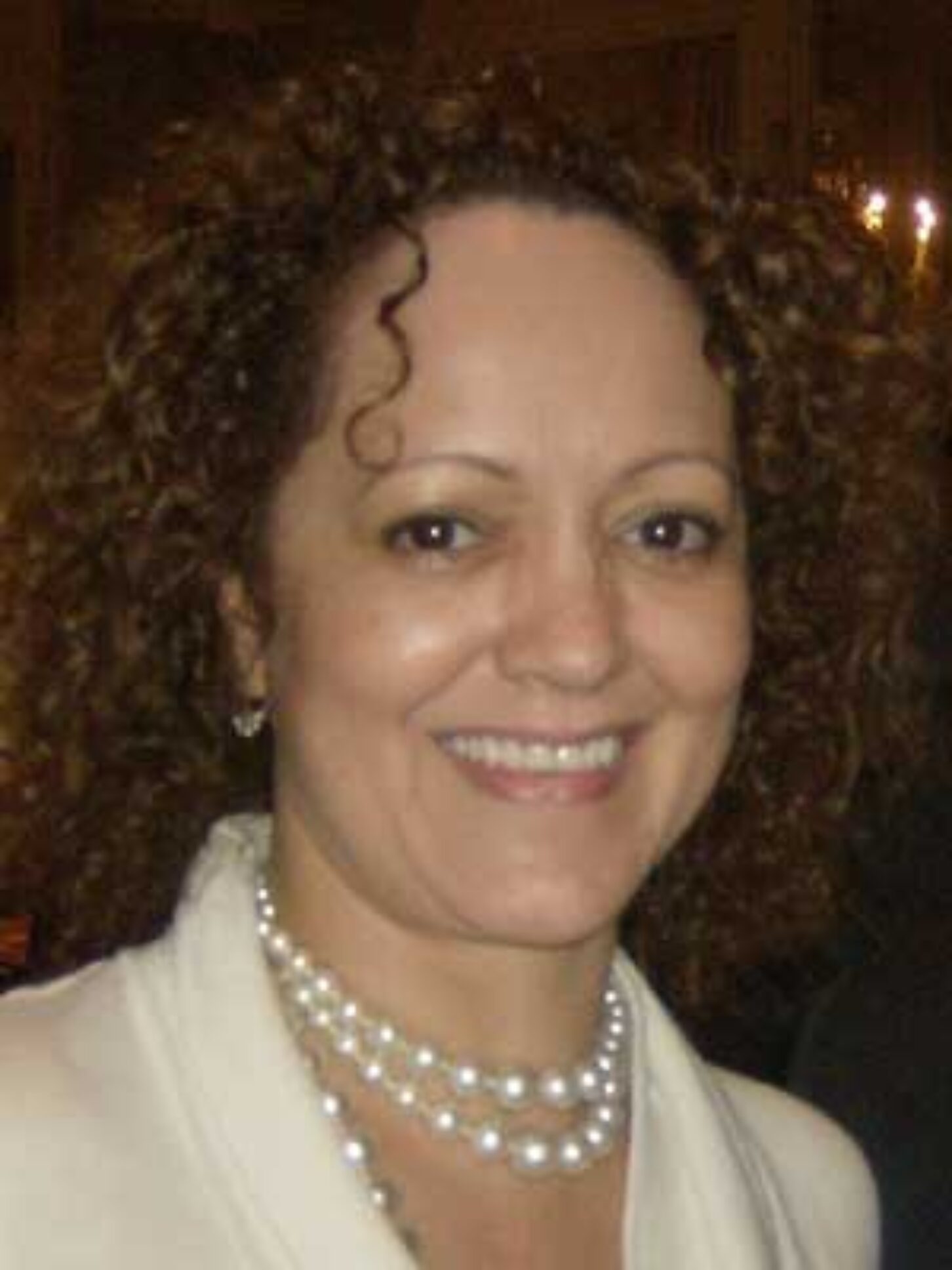

Health Policy Briefs: Posted May 15
Compiled by Benita Dodd
Water, water everywhere, but …: According to the World Health Organization, an estimated 780 million people still lacked safe drinking water in 2010. On Monday, May 21, more than 400 attendees are expected to attend, “Sustaining American Leadership in Global Health and Water,” described as “a major conference on how the United States, even in the midst of fiscal austerity and political division, can best advance the world’s health.” Hosted by three Atlanta-based groups – the World Affairs Council of Atlanta, CARE USA and the Center for Strategic and International Studies – the daylong event at the Ritz-Carlton in Buckhead will include discussions on the special place of water and sanitation and achieving health goals. The keynote speech will be given by U.S. Senator Johnny Isakson of Georgia.
“We are very excited and honored to be one of the organizers, not only highlighting the important connection of water and health but highlighting the effective cluster of expertise that resides in Atlanta on this subject,” said Dr. Wayne Lord, president of the World Affairs Council. To find out more, e-mail info@wacatlanta.org.
What you see is not always what you get: According to the World Health Organization, some poor quality drugs are deliberately and fraudulently mislabeled with respect to identity or source while others can have incorrect quantities of active ingredient as a result of manufacturing error or poor storage. A study using 1,437 samples of Ciprofloxacin from 18 low-to-middle-income countries found find nearly 10 percent of samples are poor quality and 41.5 percent of the failures are counterfeits, according to a paper published this month by the American Enterprise Institute. It also found registered products are more likely to be targeted by counterfeiters. Furthermore, substandard drugs are priced much lower than comparable generics in the same city but counterfeits offer almost no discount from the targeted genuine version. Read the study here: http://www.aei.org/files/2012/05/14/-counterfeit-or-substandard-the-role-of-regulation-and-distribution-channel-in-drug-safety_083912891234.pdf
Nanny government seeks social engineer: America is too slow in overcoming its obesity epidemic, according to a report by the National Institute of Health. The report, which was released last week at the Centers for Disease Control and Prevention’s “Weight of the Nation” conference, suggested specific strategies, and include requiring at least 60 minutes per day of physical education and activity in schools, industrywide guidelines on which foods and beverages can be marketed to children and how, expansion of workplace wellness programs, taking full advantage of physicians’ roles to advocate for obesity prevention with patients and in the community, and increasing the availability of lower-calorie, healthier children’s meals in restaurants. It also suggested that “Fiscal policies could help increase access to healthy foods and activity … For example, flexible financing or tax credits could be used to encourage developers to build sidewalks near new housing and locate supermarkets in communities without them.”
Ongoing innovation: The states may be holding their breath as they await a ruling from the U.S. Supreme Court on the federal Patient Protection and Affordable Care Act, also known as ObamaCare, but innovation isn’t standing still, reports Grace-Marie Turner of the Galen Institute. She writes in Forbes magazine that the Galen Institute held a conference adjacent to Capitol Hill last week “in which speakers from more than a dozen companies described the investments they are making in better health, better health care services, and more efficient care delivery.”
“They demonstrated that the best solutions to the problems in our health sector come not from remote Washington bureaucrats trying futilely to re-engineer our health sector through costly, cumbersome, and confusing rules and regulations, but from innovators who are listening to doctors, patients, and consumers.” Click on this link to read more.
Quote of Note: When government gets in the business of deciding which risks are acceptable and which aren’t, nasty things happen. This includes government’s attempt to improve life by regulating gambling and the use of medicine, banning recreational drugs and mandating safety devices in cars. In what sense are we free if we can’t decide such things for ourselves? … In a free country, it should be up to adult individuals to make their own choices about risk. Patrick Henry didn’t say, ‘Give me safety, or give me death.’ Liberty is what America is supposed to be about. Let’s start treating people as though their bodies belong to them, not to a controlling and ‘protective’ government.” – John Stossel
